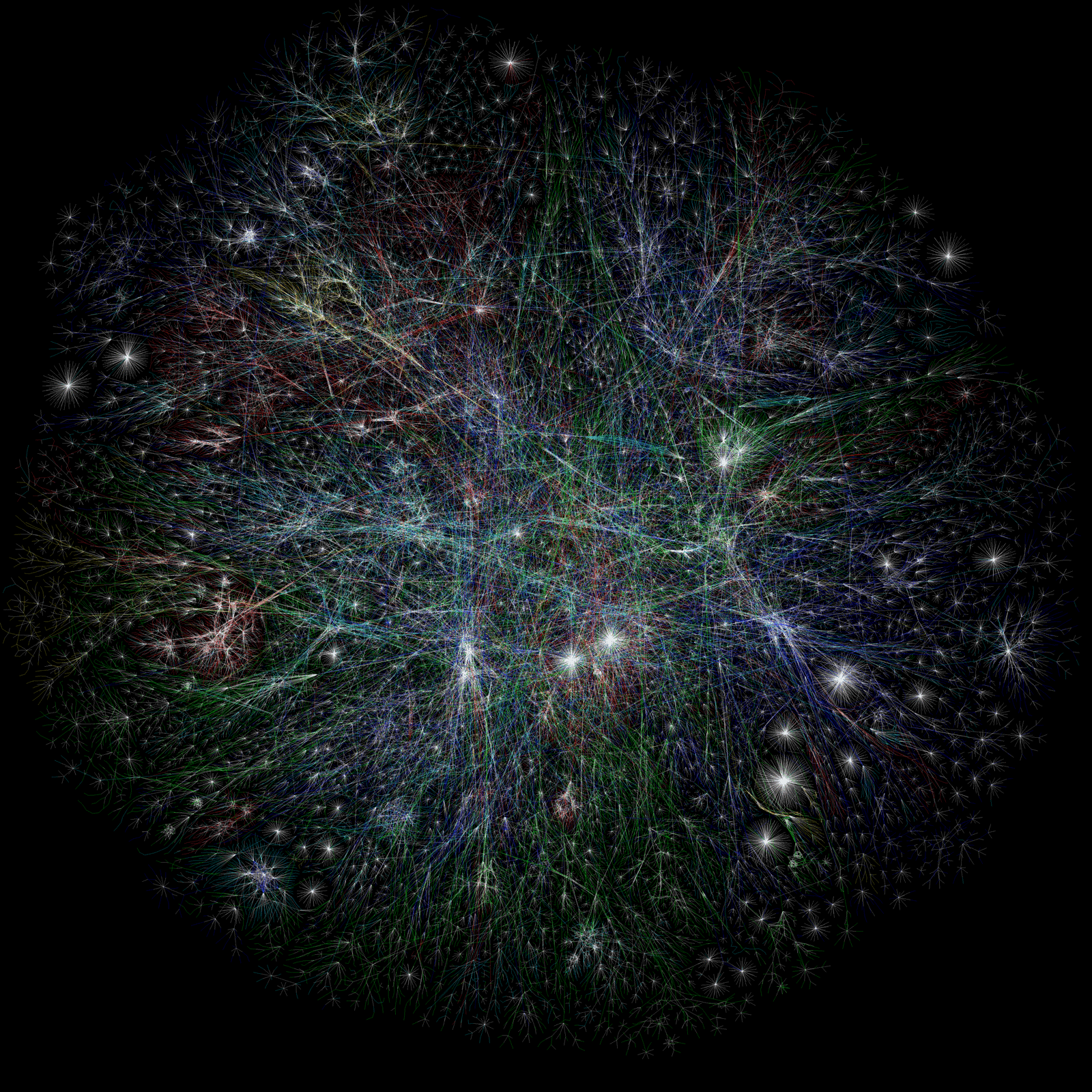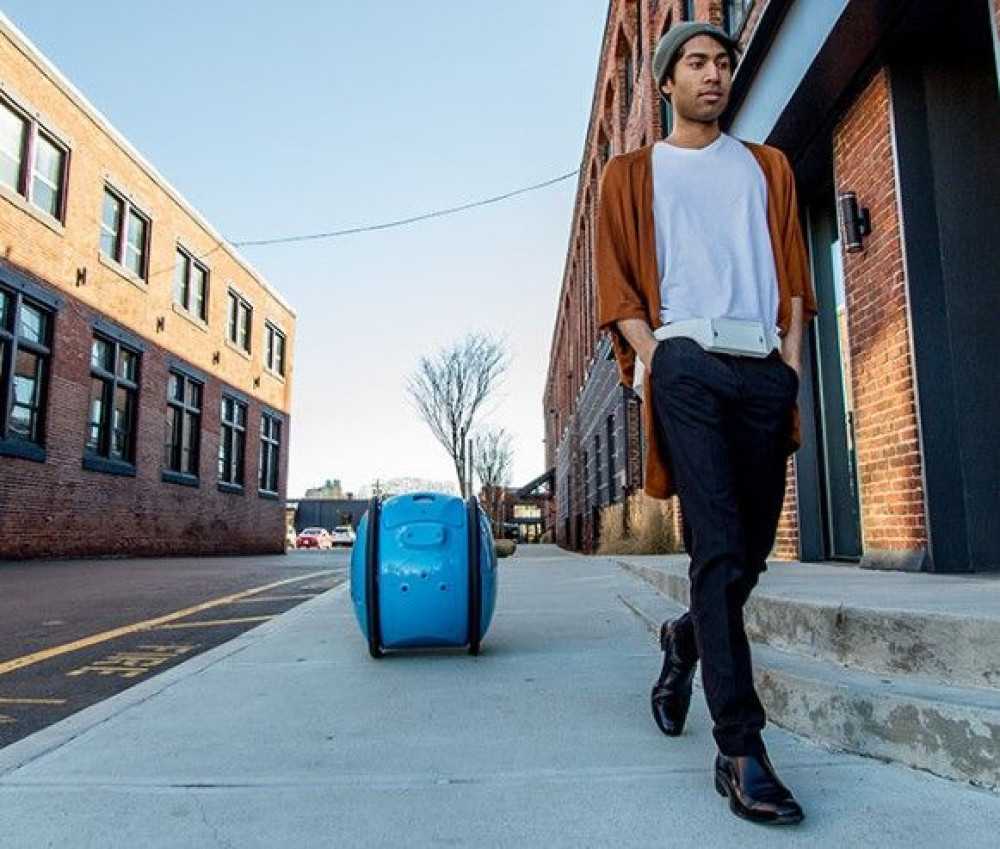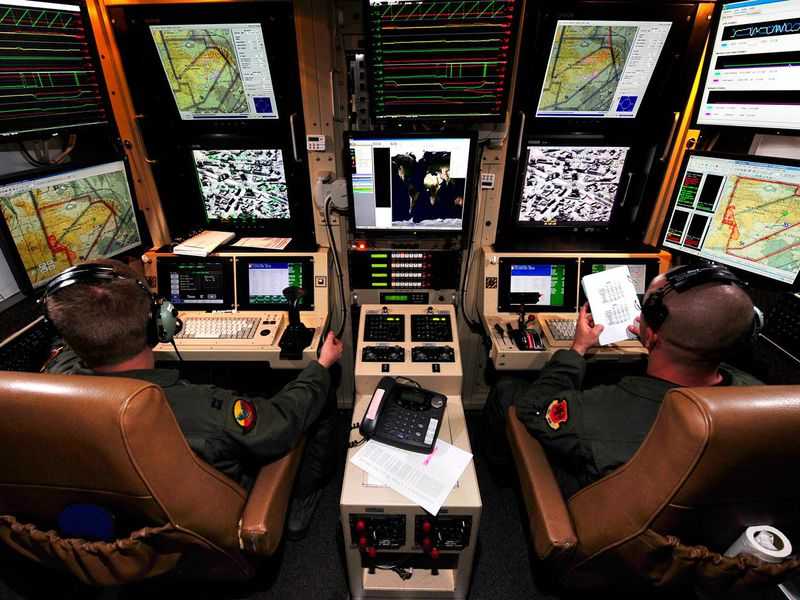
Cybernetic civil service
From automation to enhancement.
How likely? How soon? What impact?
The shift from cronyism to professional civil service in the 19th century unlocked a century of urban growth. Suddenly, city governments could tap the talent needed to make the most of the science and engineering advances that were reshaping the physical world. As cities confront a new set of existential challenges related to climate change, they are poised for a new management upgrade as AI and robots join the team.
It's easy to think this means jobs will disappear. But cybernetic civil service will change how government works, by combining the best of human and machine intelligence. By putting surprisingly sophisticated tasks in the hands of computers, human experts can spend their time on the work that computers can't do—making judgments, providing care, and solving problems creatively.
But the human-machine synergy won't be just for desk work. As hybrid sensors combine what people and what robots see to make sense of the world, and teleoperation allows people to guide groups of droids from afar, we'll see some of the benefits and risks of human-machine teams on the streets, too.
Signals
Signals are evidence of possible futures found in the world today—technologies, products, services, and behaviors that we expect are already here but could become more widespread tomorrow.




..png)




